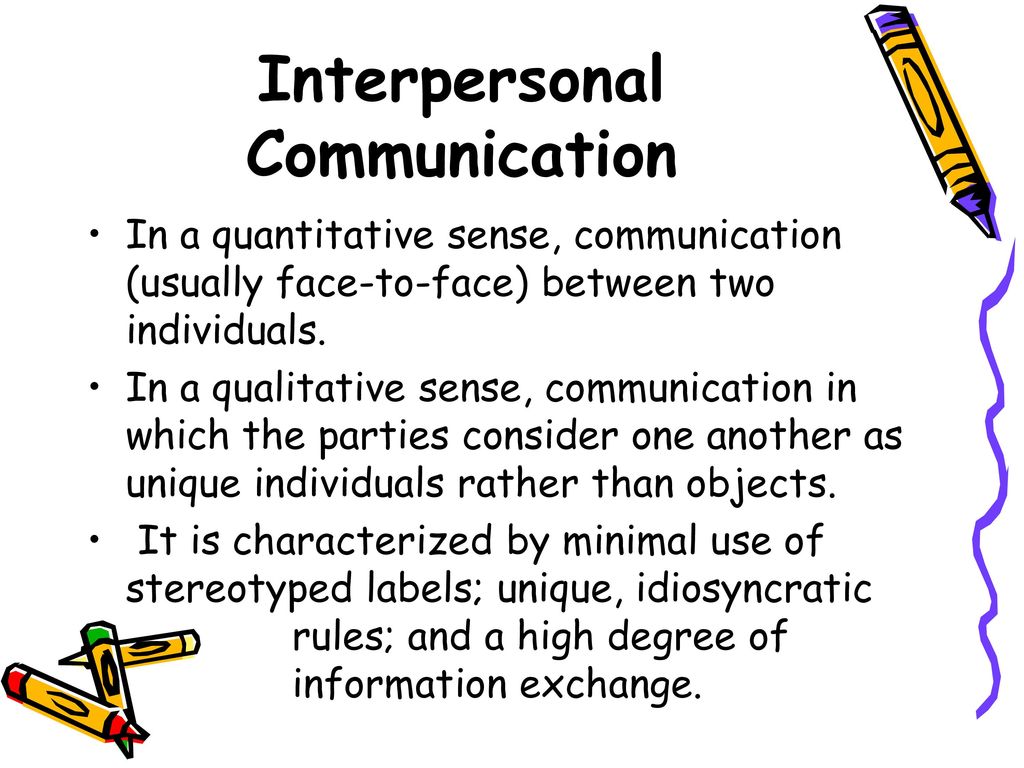Individual communication refers to the way in which individuals communicate with each other, either in person or through various forms of media. It is a fundamental aspect of human social interaction and is essential for building and maintaining relationships, sharing information and ideas, and resolving conflicts.
There are many different ways in which individuals can communicate, including verbal and nonverbal forms of communication. Verbal communication involves the use of words, either spoken or written, to convey a message. This can include face-to-face conversations, phone calls, texts, and emails. Nonverbal communication, on the other hand, involves the use of body language, facial expressions, and other nonverbal cues to convey meaning.
Effective individual communication requires several key skills, including the ability to listen actively and attentively, to express oneself clearly and concisely, to use appropriate body language and facial expressions, and to adapt one's communication style to the needs and preferences of the other person. It is also important to be aware of and respect cultural differences in communication styles and to be sensitive to the feelings and emotions of others.
One of the most important aspects of individual communication is the ability to build and maintain relationships. Strong relationships are built on trust, mutual respect, and open, honest communication. When individuals are able to communicate effectively with each other, they are better able to understand and support one another, and to work together to achieve shared goals.
In addition to building and maintaining relationships, individual communication is also essential for sharing information and ideas. Whether it is through a casual conversation or a more formal presentation, effective communication is necessary for sharing knowledge and exchanging ideas.
Finally, individual communication is essential for resolving conflicts. When individuals are able to communicate openly and honestly with each other, they are better able to understand and address the root causes of conflicts and to find mutually satisfactory solutions.
In conclusion, individual communication is a vital aspect of human social interaction and is essential for building and maintaining relationships, sharing information and ideas, and resolving conflicts. Whether it is through verbal or nonverbal forms of communication, effective individual communication requires a range of skills and an awareness of cultural differences and the feelings and emotions of others.








